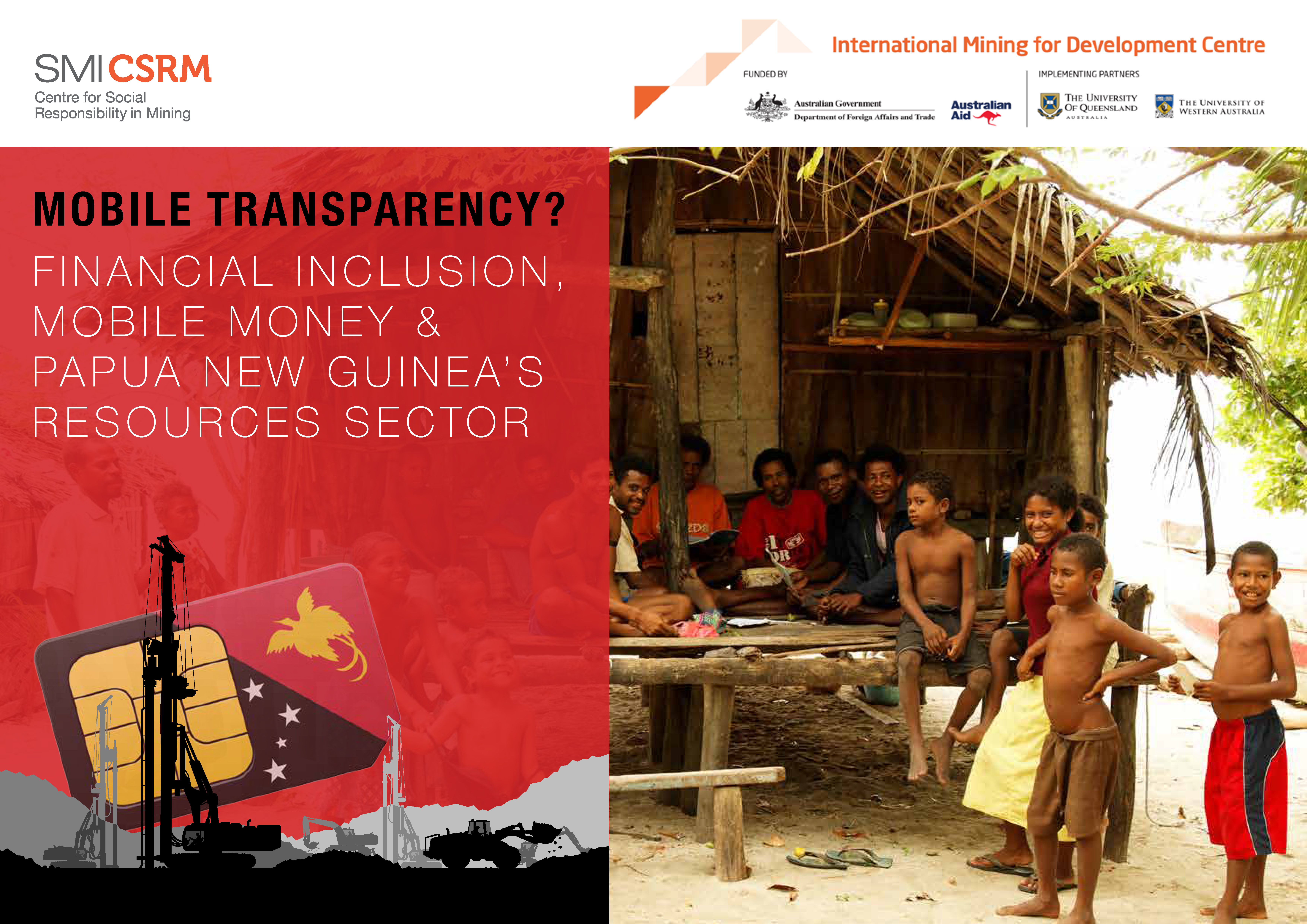One of the greatest issues that remains is women’s access to funds, where men are the signatories to accounts for landowner groups (including women and youth).

Papua New Guinea (PNG) has some of the highest unbanked rates in the world. It is estimated that 85% of the rural low-income population does not have reasonable access to formal banking or financial services.
Yet PNG’s efforts towards financial inclusion have been gaining momentum. The Centre for Excellence in Financial Inclusion was launched in 2013 to promote PNG’s financial inclusion agenda. The Second National Financial Inclusion Strategy 2016–2020 was launched in 2016, strengthening PNG’s commitment to various international and regional financial inclusion frameworks including the Maya Declaration, the Alliance for Financial Inclusion, the Money Pacific Goals, the Better than Cash Alliance, and broader commitments under Asia-Pacific Economic Cooperation (APEC) and the G20 Principles for Innovative Financial Inclusion.
To support Papua New Guinea’s efforts towards greater financial inclusion, Square Circle was engaged by the International Mining for Development Centre to examine financial inclusion, mobile money, and the extractives sector in PNG. The study examined how extractive companies can use mobile banking to make rental and royalty payments – instead of using cash – to support the inclusion of people into the formal economy.
Square Circle conducted a series of semi-structured interviews and quantitative surveys with public and private stakeholders, including government regulators, industry bodies, banks, telecommunications companies, civil society organisations, and the extractives industry. The findings informed the development of a final project report to support efforts to strengthen financial inclusion and benefit distribution in PNG’s resource regions.
Stakeholder implementation of the study’s recommendations has supported greater financial inclusion in the community payments process used by extractive companies. The study identified that strengthening mobile money ecosystems in PNG’s resource regions can improve the distribution of compensation and benefits payments for local communities, strengthen social license for resource companies, and enhance financial inclusion efforts. It also highlighted that women and youth often do not directly receive resource payments, contributing to ongoing challenges in equitable benefit sharing within communities.

